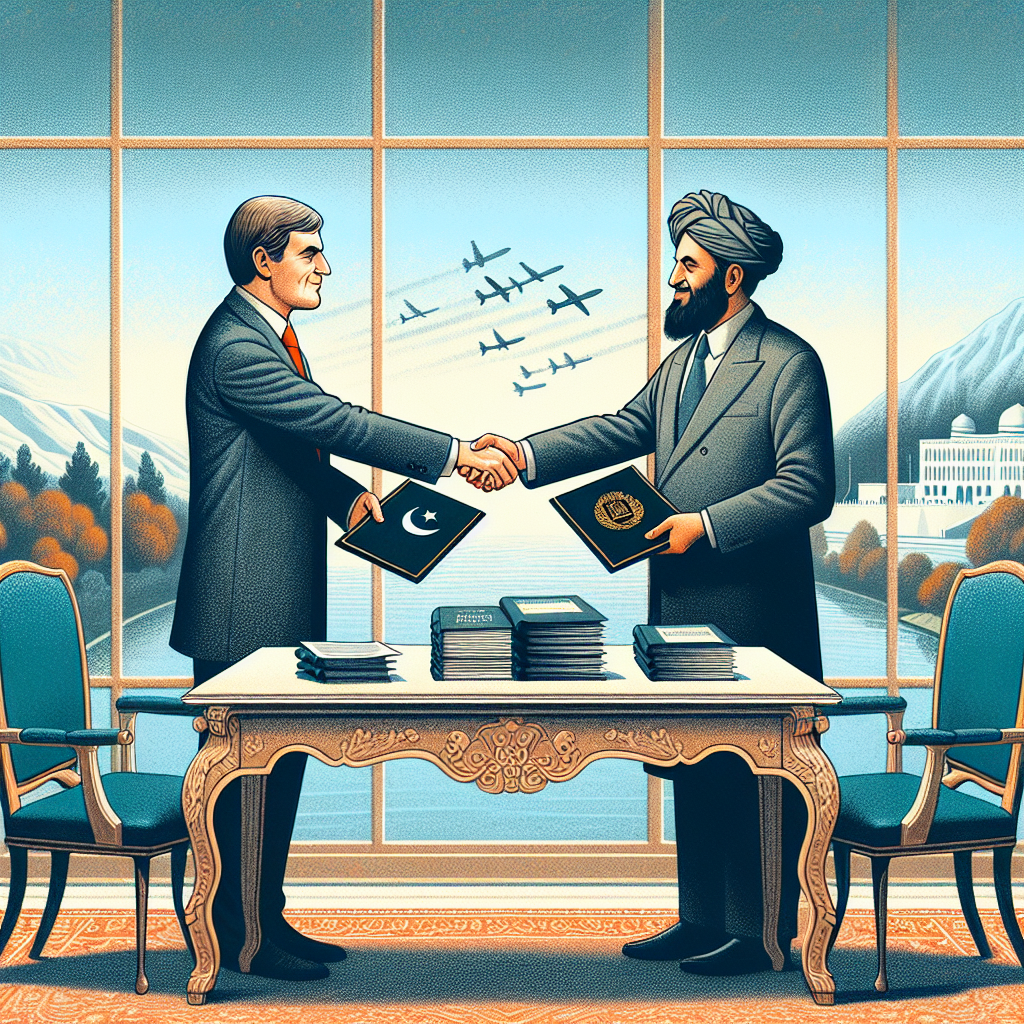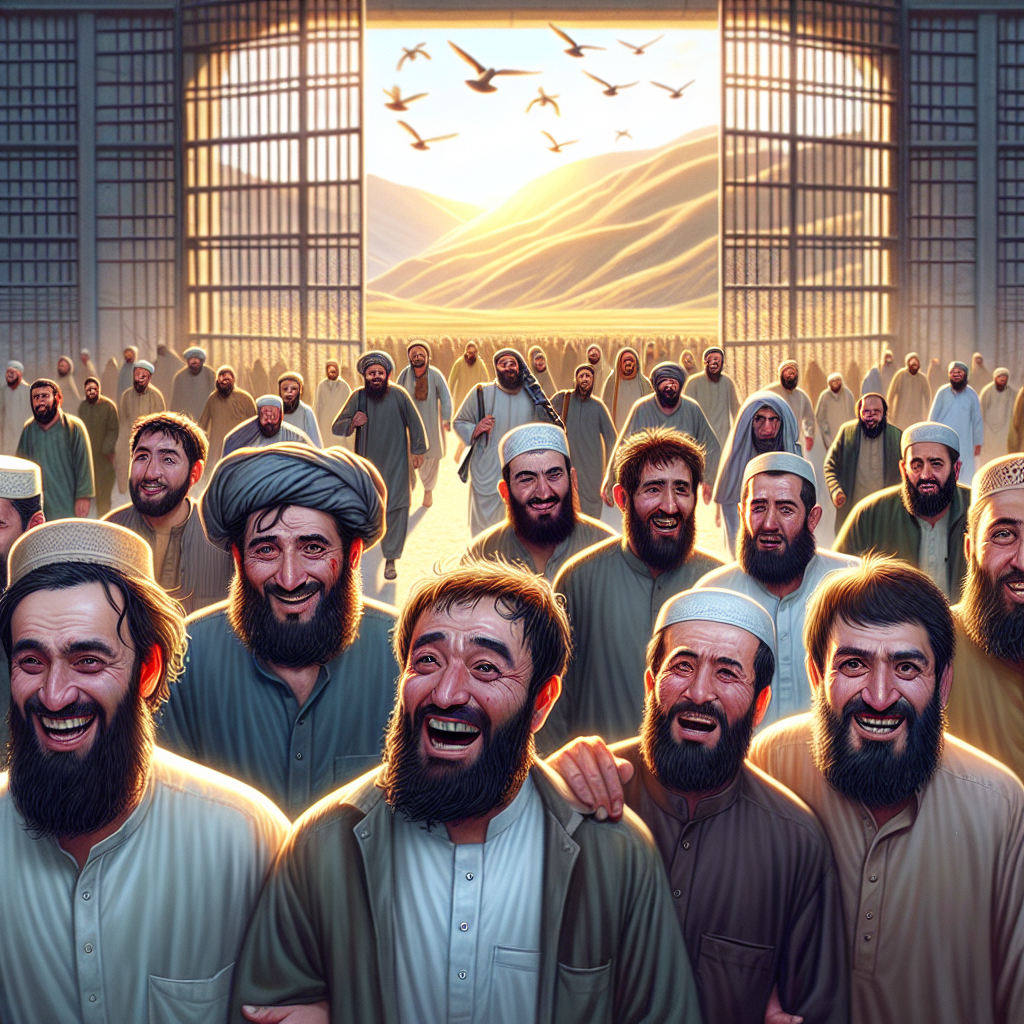ICC Prosecutor Pursues Arrest Warrants for Taliban Leadership
ICC Prosecutor Seeks Justice: Arrest Warrants for Taliban Leaders
Introduction
The International Criminal Court (ICC) is intensifying its efforts to hold the Taliban leadership accountable for alleged war crimes and crimes against humanity. The ICC Prosecutor has announced plans to pursue arrest warrants for key figures within the Taliban, marking a significant step in international justice efforts.
Background
The Taliban, having regained control of Afghanistan, is under scrutiny for numerous alleged violations of human rights and international law. The ICC’s involvement underscores the global community’s concern over the Taliban’s actions since their takeover.
Key Points
- The ICC Prosecutor is focusing on alleged crimes committed by the Taliban, including targeted killings, repression of women, and attacks on civilians.
- This move is part of a broader investigation into the situation in Afghanistan, which has been ongoing for several years.
- The ICC aims to hold accountable those responsible for serious violations of international law, regardless of their position or power.
Challenges and Implications
While the pursuit of justice is a priority, the ICC faces several challenges:
- Limited access to evidence and witnesses within Afghanistan.
- The Taliban’s non-recognition of the ICC and potential non-cooperation.
- Political complexities involving international relations and the recognition of the Taliban government.
Conclusion
The ICC’s decision to seek arrest warrants for Taliban leaders is a bold move in the quest for justice and accountability. It highlights the international community’s commitment to addressing alleged war crimes and protecting human rights. However, the path forward is fraught with challenges, requiring strategic navigation of legal and political landscapes.
In summary, the ICC’s actions represent a critical step in addressing alleged atrocities in Afghanistan, emphasizing the importance of international law and accountability in conflict situations.






